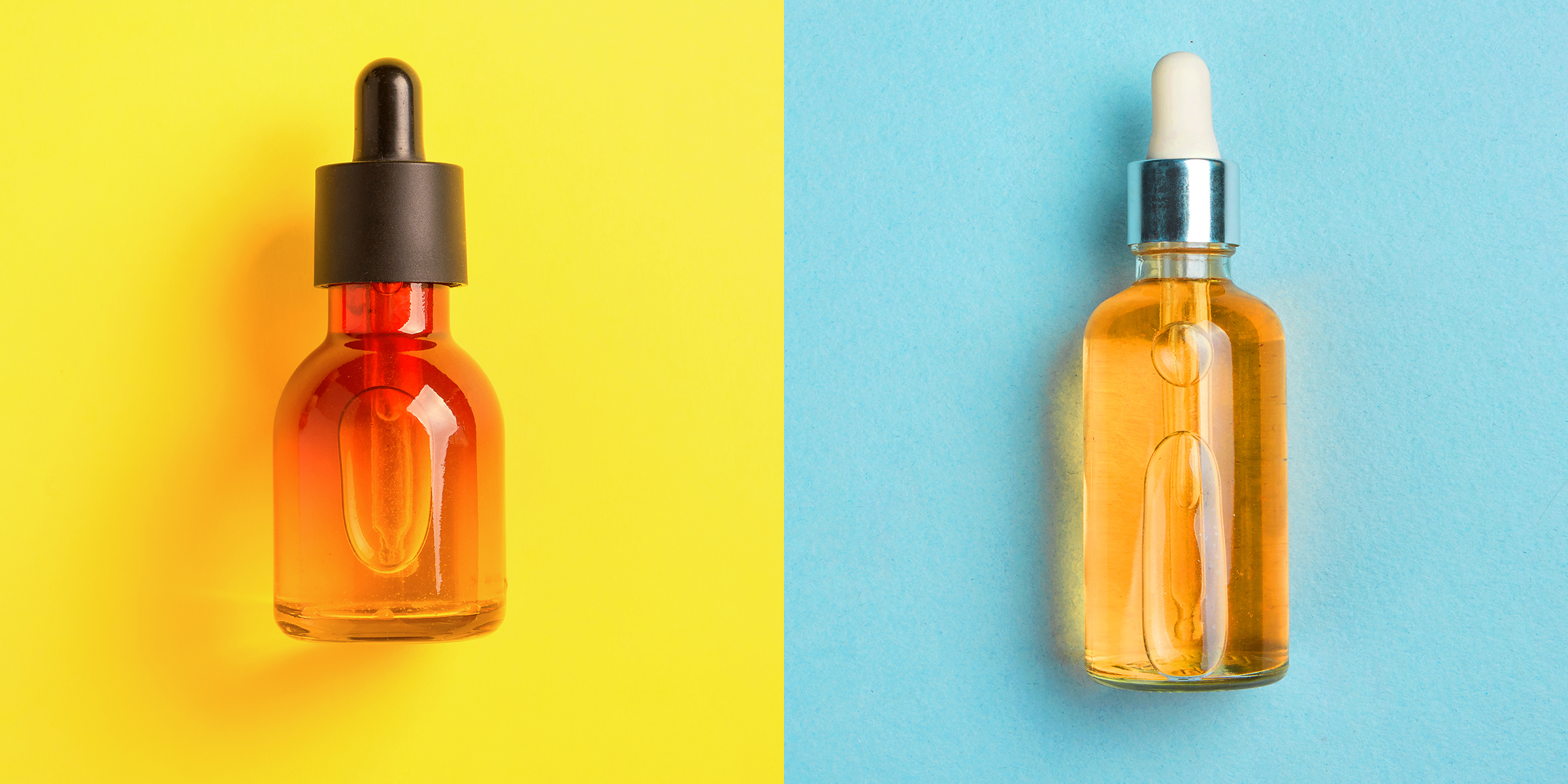Introduction
Dealing with acne-prone skin can be frustrating and challenging. However, the inclusion of effective skincare ingredients can significantly help manage and prevent breakouts. Salicylic acid, a well-known and widely used ingredient, offers numerous benefits for those with acne-prone skin. In this article, we will explore why salicylic acid is a must-have for addressing acne-prone skin.
Understanding acne-prone skin
Acne-prone skin is characterized by a higher susceptibility to breakouts, including blackheads, whiteheads, pimples, and cysts. Factors such as excess sebum production, clogged pores, bacteria, and inflammation contribute to acne development. A targeted skincare approach is essential to address these concerns.
What is salicylic acid?
Salicylic acid is a beta-hydroxy acid (BHA) commonly used in skincare products for its acne-fighting properties. It works by penetrating the pores and exfoliating the skin’s surface, effectively unclogging pores and removing impurities. Salicylic acid also possesses anti-inflammatory properties, making it highly beneficial for acne-prone skin.
Exfoliation and pore cleansing
One of the key benefits of salicylic acid is its ability to exfoliate the skin. It effectively removes dead skin cells and promotes cell turnover, preventing the buildup of debris and reducing the formation of blackheads and whiteheads. Additionally, salicylic acid penetrates deep into the pores, dissolving excess sebum and debris, keeping the pores clear and minimizing their appearance.
Anti-inflammatory properties
Inflammation plays a significant role in acne breakouts, leading to redness, swelling, and discomfort. Salicylic acid possesses anti-inflammatory properties that help calm and soothe the skin. By reducing inflammation, salicylic acid minimizes the appearance of active acne lesions, promoting a more even and clearer complexion.
Treating and preventing acne breakouts
Salicylic acid can be used as a spot treatment for existing breakouts, helping to reduce their size and redness. Regular use of salicylic acid can also prevent future acne formation by keeping the pores clean and exfoliating the skin’s surface. It is essential to incorporate salicylic acid into a comprehensive skincare routine for optimal results.
Suitable for various skin types
Salicylic acid is suitable for various skin types, including oily, combination, and acne-prone skin. For sensitive skin, it may be necessary to adjust the concentration and frequency of use to avoid irritation. Combining salicylic acid with other skincare ingredients like soothing agents or hydrators can enhance its effectiveness and minimize potential side effects.
Precautions and considerations
While salicylic acid is generally safe to use, some individuals may experience side effects such as dryness, redness, or peeling. It is important to patch test products containing salicylic acid and gradually introduce them into the skincare routine. Consulting with a dermatologist can provide personalized advice and guidance based on your specific skin concerns.
Conclusion
Salicylic acid is a powerful ingredient for addressing acne-prone skin. Its exfoliating, pore-cleansing, and anti-inflammatory properties make it an effective choice for managing and preventing acne breakouts. By incorporating salicylic acid into your skincare routine and taking necessary precautions, you can achieve clearer, healthier-looking skin.





